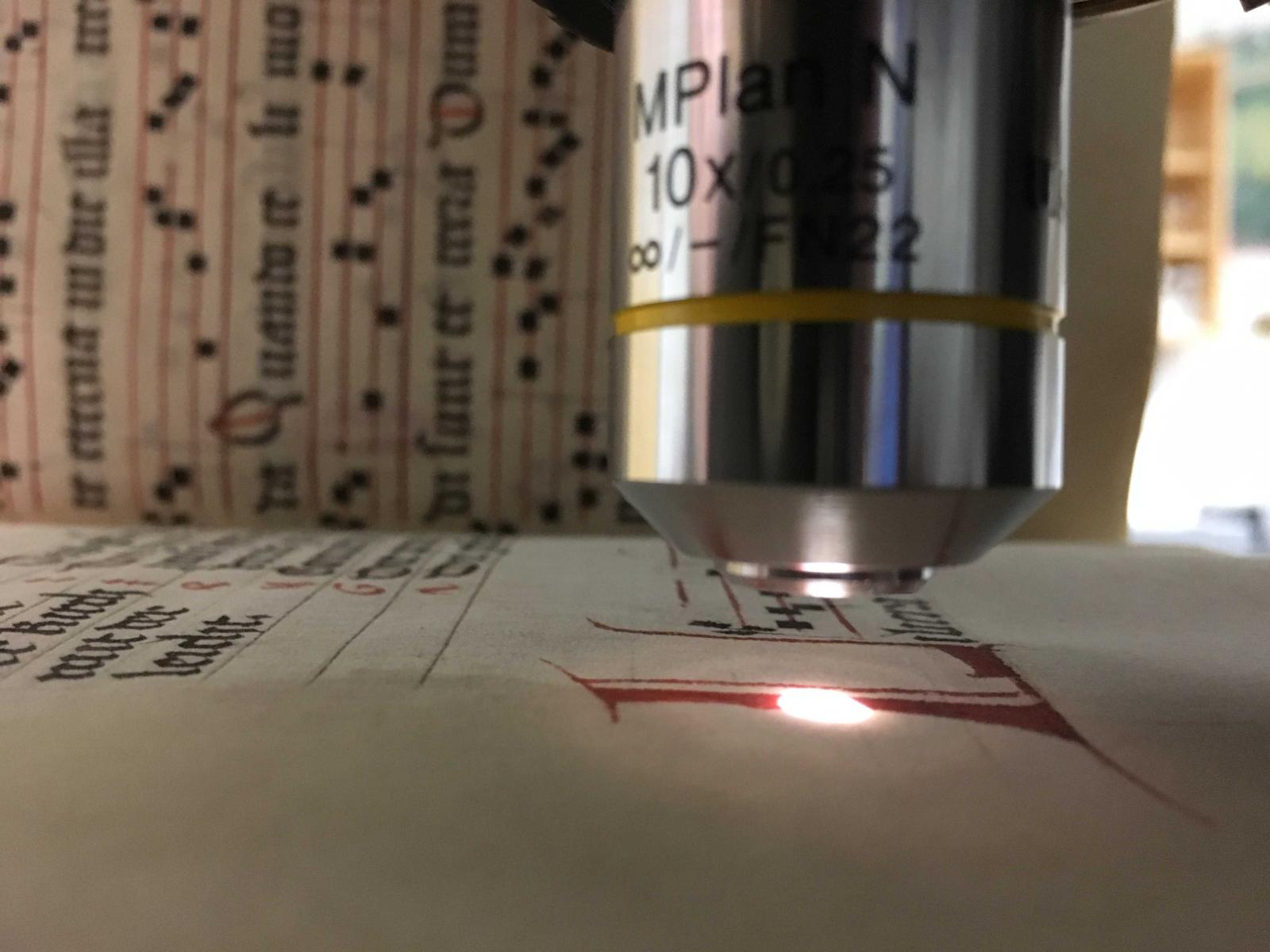Prosperity and Power: The Coins of the Five Good Emperors
The “Five Good Emperors” - Nerva, Trajan, Hadrian, Antoninus Pius, and Marcus Aurelius - ruled during the second century of the Roman Empire. Designed to highlight imperial power and reinforce messages of peace and stability, high value coins were one of the ways that the emperors maintained centralized power and communicated ideas over such a vast empire. Art History student Rachel David ’24 curated this exhibition of ancient Roman Imperial coins from the Ottilia M. Buerger '38 Collection. Building on her capstone research, the exhibition interrogated the coins as primary examples of material culture that conveyed information about leadership in the ancient world.
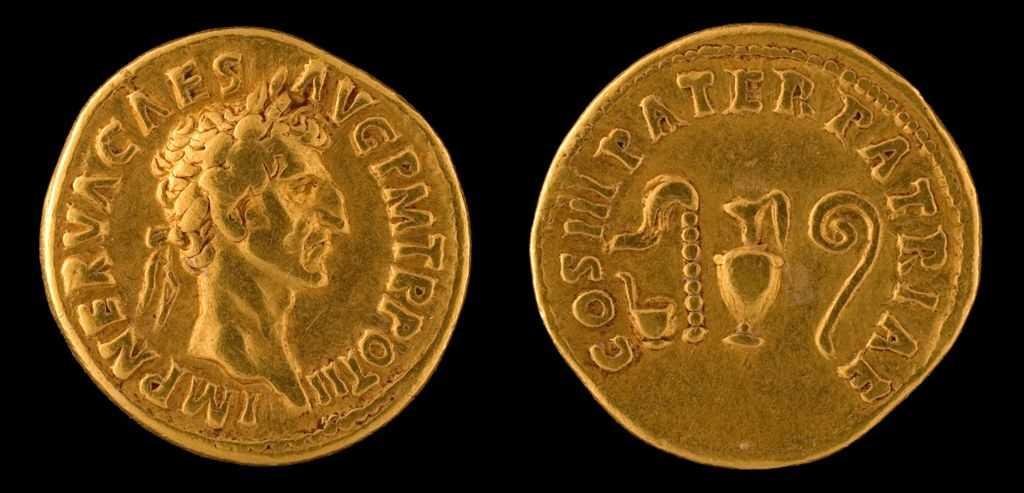
Lost Identities and Loose Threads: The Milwaukee Handicraft Project
Sarah Matthews ’23 curated this exhibition based on her art history capstone on a portfolio of block printed textiles produced by the Milwaukee WPA Handicraft Project, an initiative of the Works Progress Administration in the late 1930s. Her project focuses on gendered labor practices and the distinctions between art and craft in the domestic sphere.

Invisible “Orient”
This exhibition, curated by Jin Han ’23, will feature East Asian objects in LU collection that she researched in collaboration with Prof. Brigid Vance. The primary inquiry of Jin’s research and the show is an interrogation of how these objects are cataloged and considered within the context of a museum collection.
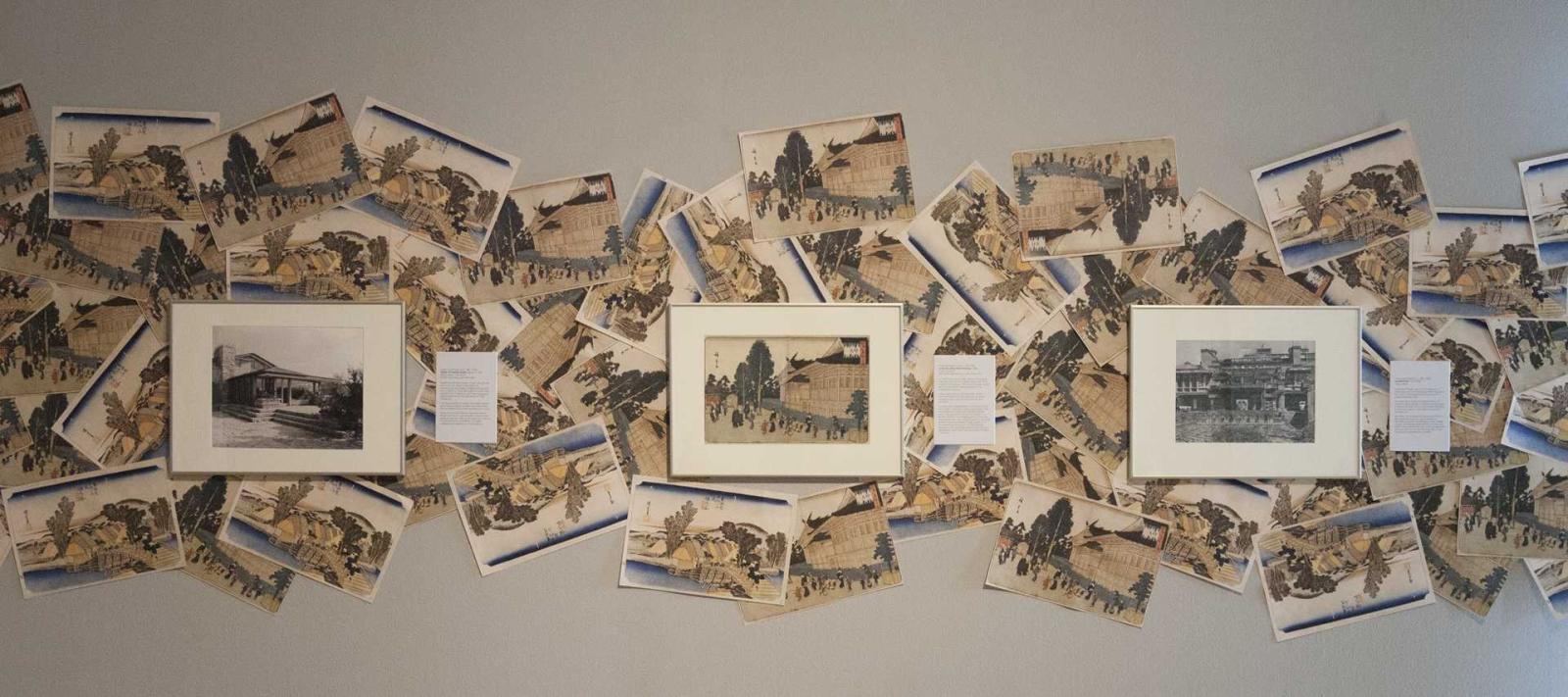
Manufacturing American Women
Charlie Wetzel '23 and Emma Goodman '23 curated an exhibition on the ways early 20th-century print publications created a performative consumer culture in the United States. Understanding consumerism as a deeply gendered pastime, this exhibition includes women’s magazines from the Jackson Collection and examples of the gendered consumer objects featured in their advertisements. (Winter 2022)
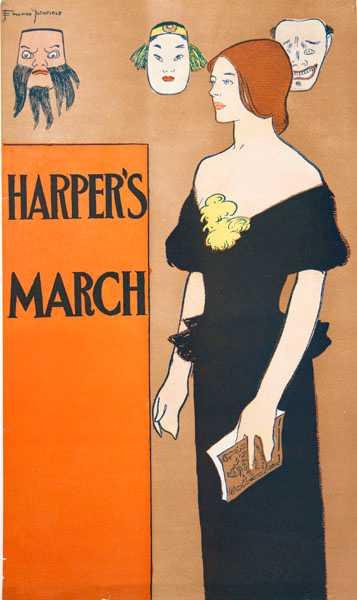
Dreams of the Floating World: 15 Views of Tokugawa Japan
15 students in LU History Professor Brigid Vance’s Early Modern Japanese History course co-curated this exhibition using prints in the collection. The title of the exhibition references Hiroshige’s (1797-1858) famous woodblock prints “One Hundred Views of Edo.” The students selected, analyzed, matted, framed, and arranged the woodblock prints and wrote the exhibition texts. (Winter 2017)
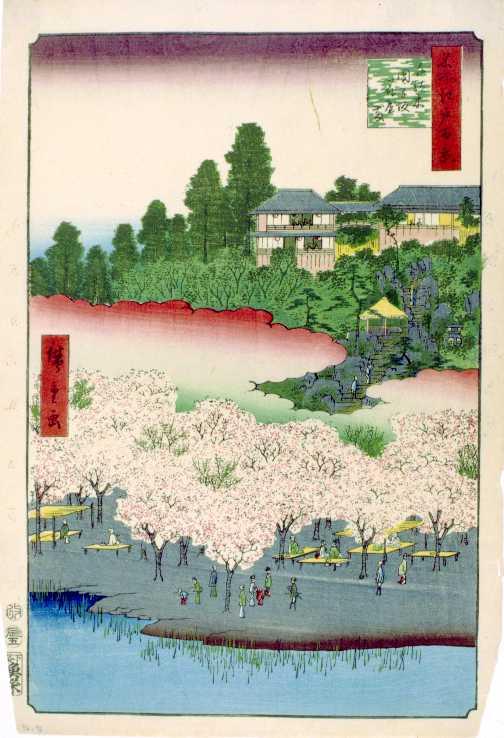
Music & Manuscripts: An Interdisciplinary Exploration
This exhibition featured student research on manuscripts in the collection with music and other non-textual elements. The students explored the chemical make-up of the inks, the provenance and history of the bound texts, liturgical uses of different manuscript forms, and also transcribed and performed the music as part of their studies into these objects. (Winter 2019)
